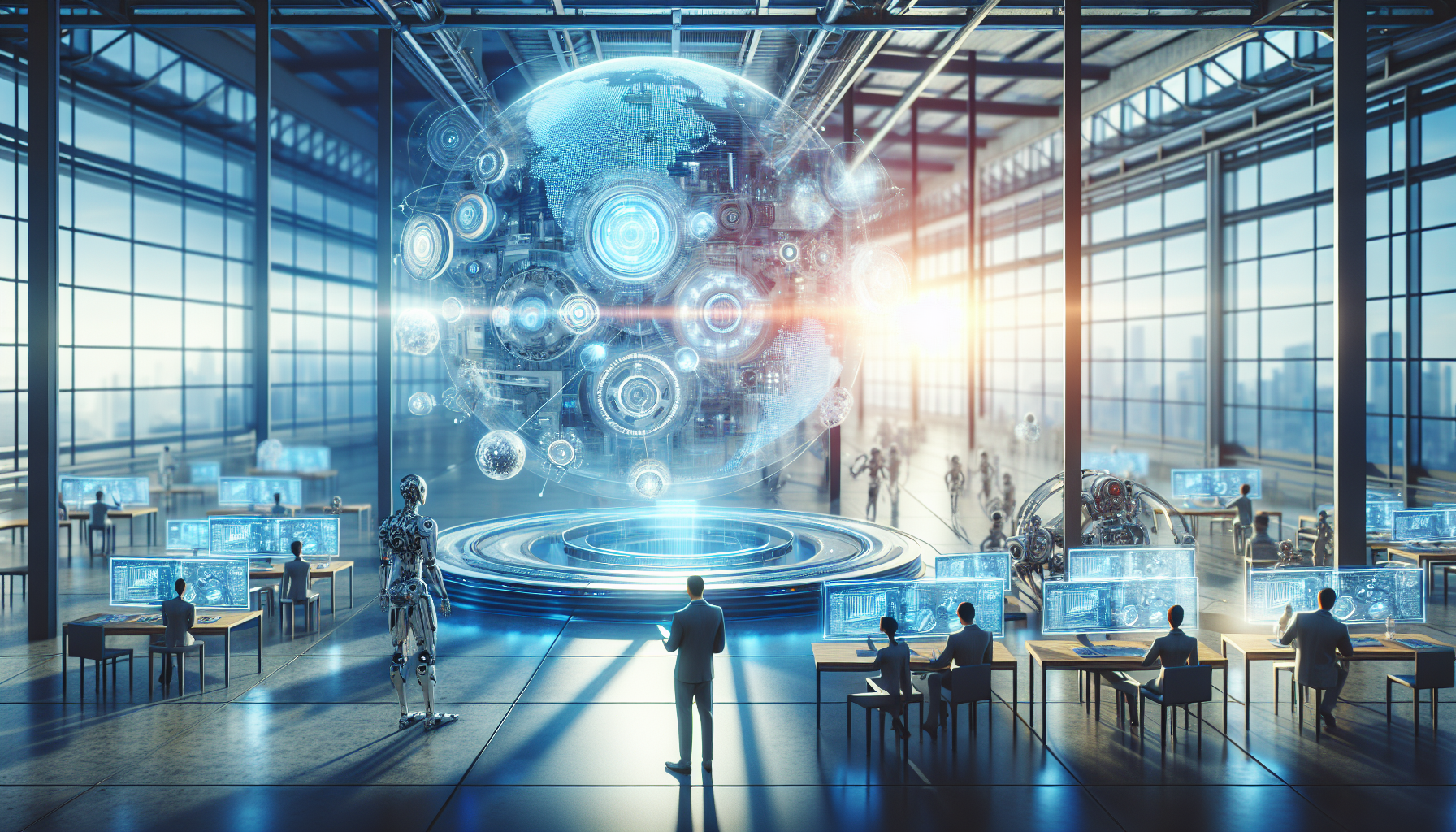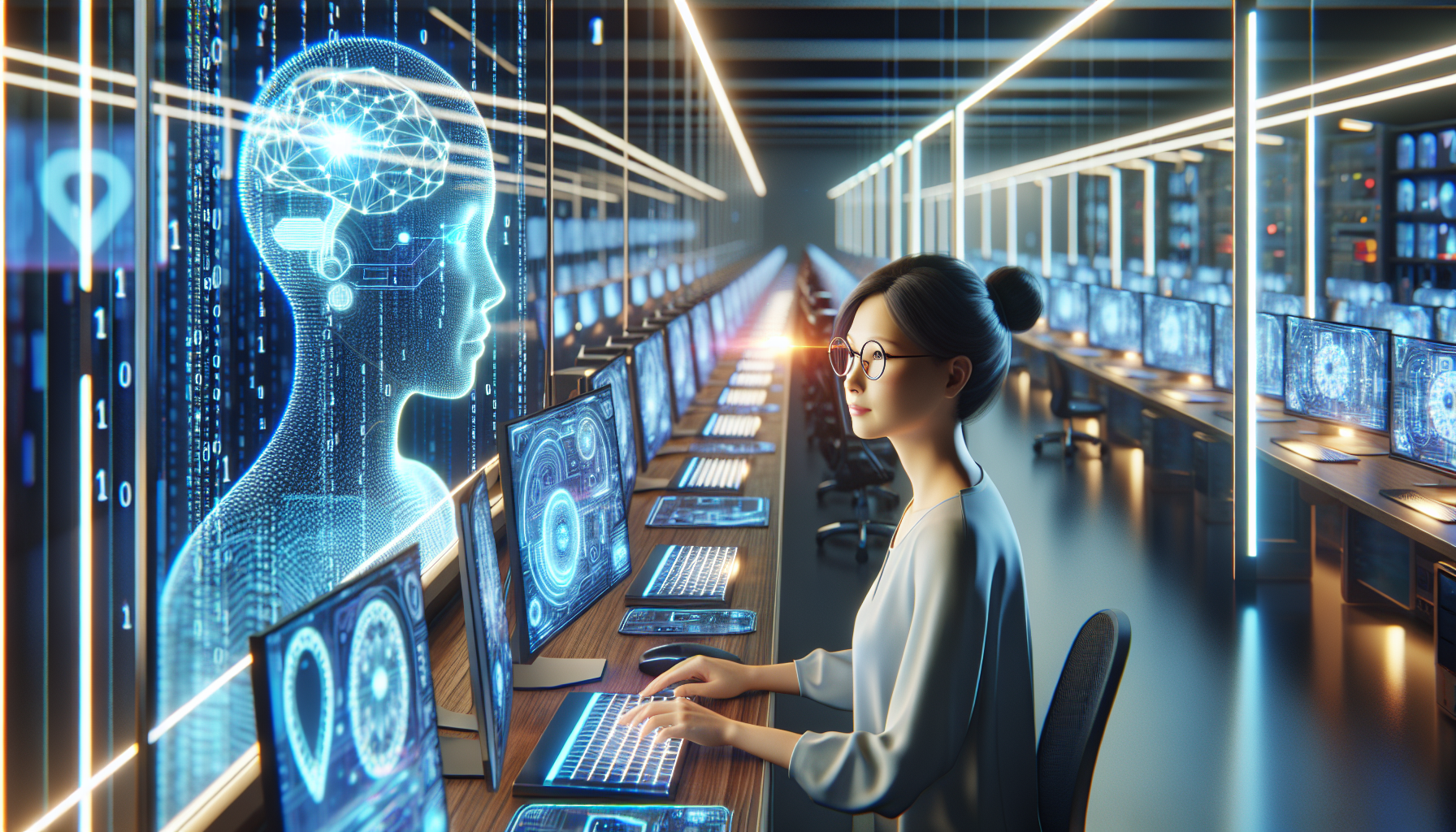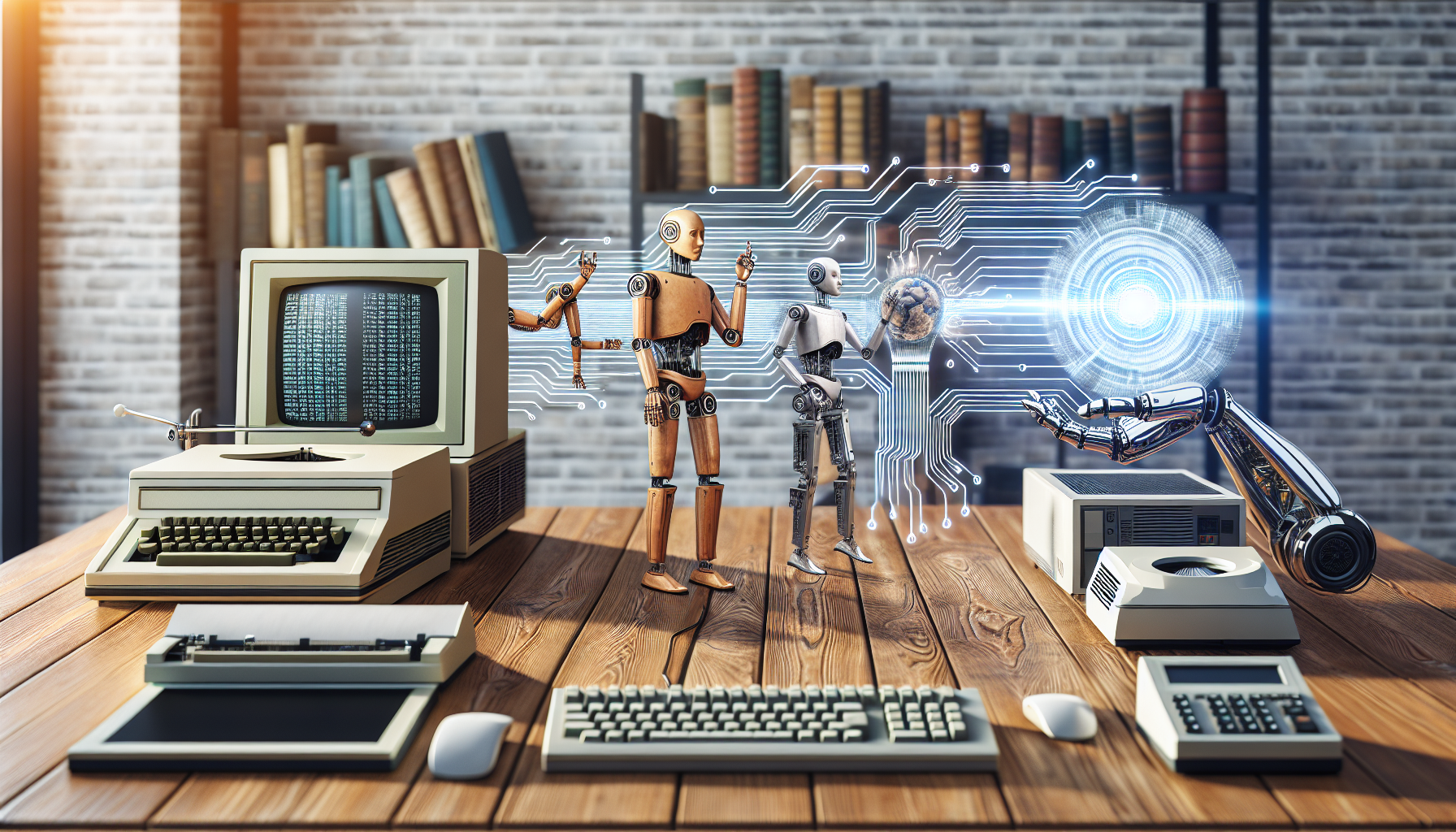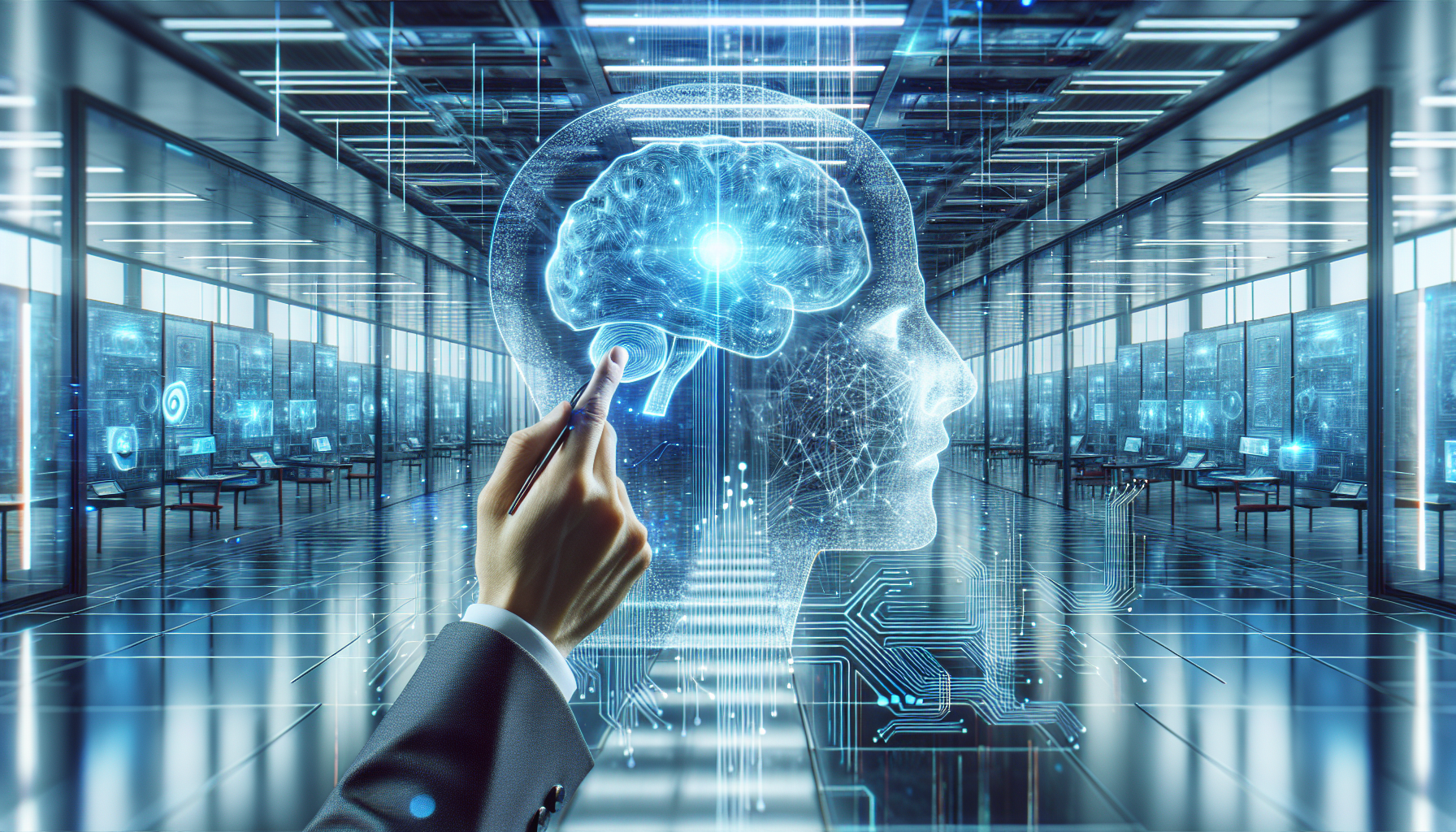
The Impact of AI on Education: Predicting a Personalized Learning Revolution
November 5, 2025
Artificial Intelligence is reshaping education in ways that were once the realm of science fiction, and the shift is not just inevitable—it's happening right before our eyes. Imagine a classroom tailored to every student's needs, where learning is no longer a one-size-fits-all approach but a customized journey that evolves with each individual's progress and preferences. This is the promise of AI in education, and its potential to transform learning experiences is nothing short of revolutionary.
AI's ability to provide personalized learning experiences is rooted in its capacity to process and analyze vast amounts of data swiftly. By leveraging sophisticated algorithms, AI systems can assess a student's strengths, weaknesses, learning pace, and even their preferred methods of absorbing information. These insights allow educators to craft highly individualized curriculums, enabling students to engage with material in a way that resonates with them personally.
Consider the potential benefits: a student struggling with algebra can receive additional help in real-time, with AI-driven platforms identifying problem areas and offering targeted exercises. Conversely, a student excelling in literature might be introduced to more complex texts, nurturing their interests and challenging their intellectual boundaries. This kind of tailored experience not only optimizes learning outcomes but also encourages a love for learning by respecting each student's unique educational journey.
One of the most exciting predictions in this landscape is the rise of intelligent tutoring systems. These AI-driven platforms are poised to supplement traditional teaching methods by providing 24/7 access to educational support. Imagine a digital tutor that doesn't simply offer generic feedback but engages in dynamic conversations, adapting its responses to the student's evolving understanding. This continuous, interactive engagement can help maintain student motivation and foster a deeper comprehension of subjects.
Moreover, AI's role in education is not limited to academic learning. Social-emotional learning (SEL) can also benefit from personalized AI experiences. By analyzing interactions and providing feedback, AI can help students develop critical soft skills such as empathy, communication, and collaboration. This holistic approach ensures that students are not only prepared academically but also equipped with the interpersonal skills necessary for success in the modern world.
The implications of such a transformation are profound, particularly when considering the global education landscape. In regions where access to quality education is limited, AI could democratize learning opportunities by bridging the gap between resource-rich and resource-poor environments. Educational materials can be distributed more widely and adapted to various languages and cultural contexts, ensuring that no student is left behind.
However, the integration of AI into education is not without challenges. Concerns about data privacy, algorithmic bias, and the potential for over-reliance on technology must be addressed. Ensuring that AI systems are transparent and accountable is crucial to maintaining trust and fairness in education. Additionally, educators must be supported in this transition, equipped with the knowledge and tools to effectively integrate AI into their teaching practices.
Despite these challenges, the potential for AI to revolutionize education is undeniable. The ability to provide truly personalized learning experiences could lead to unprecedented levels of student engagement and achievement. As we look to the future, the question is not whether AI will impact education, but how profoundly it will reshape it.
What remains to be seen is the creativity and innovation that educators, technologists, and policymakers will bring to this evolving field. How will they harness AI's potential to create learning environments that are not only more effective but also more equitable and inclusive? As we stand on the brink of this educational revolution, the possibilities are as boundless as the human capacity for learning itself. What new horizons will AI open for the students of tomorrow? The journey is only just beginning.


